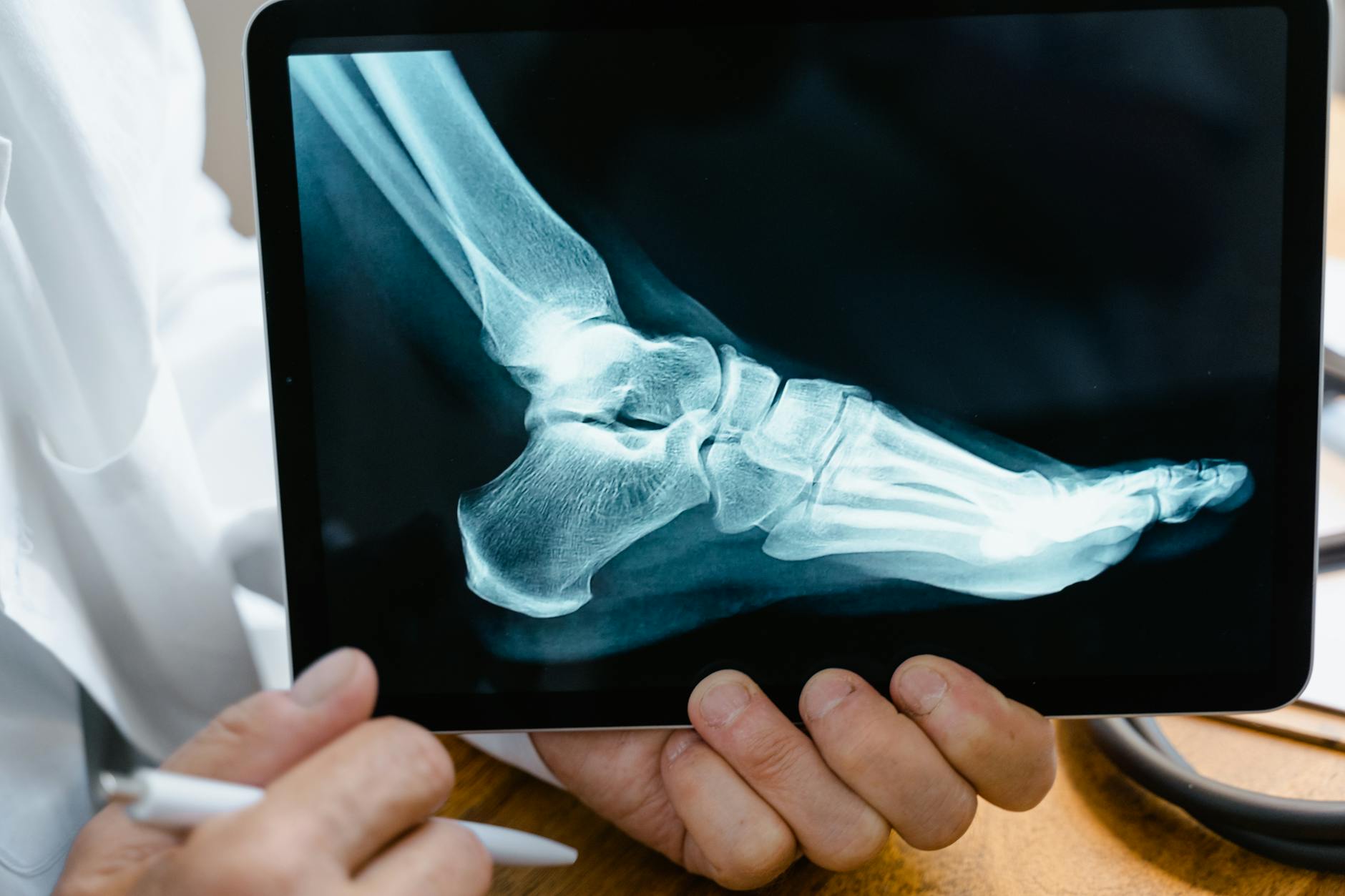Discover the natural remedies and medical treatments that can help you conquer yeast infections and get back to living fully.
Table of Contents
Do you often find yourself dealing with uncomfortable yeast infections? You’re not alone. Yeast infections are a common issue that many individuals face at some point in their lives. But fear not, there are effective natural treatments available to help you manage and prevent yeast infections. In this comprehensive guide, we will explore what causes yeast infections, how to treat them naturally, and steps you can take to avoid them in the future. Say goodbye to the discomfort and frustration that comes with yeast infections and take back control of your health.
Causes of Yeast Infections
Yeast infections are typically caused by an overgrowth of the fungus Candida albicans in the vagina. This overgrowth can be triggered by various factors, including:
- Use of antibiotics
- Poor dietary choices
- Weakened immune system
- Hormonal changes
- High stress levels
Treating Yeast Infections Naturally
When it comes to treating yeast infections naturally, there are several effective remedies and practices you can incorporate into your routine. Here are some ways to combat yeast infections:
Probiotics
Probiotics are beneficial bacteria that can help restore the natural balance of microorganisms in the vagina. Taking a daily probiotic supplement or consuming probiotic-rich foods like yogurt can promote healthy vaginal flora and reduce the risk of yeast infections.
Garlic
Garlic is known for its natural antifungal properties and can help fight off yeast infections. You can include more garlic in your diet or use garlic suppositories for targeted relief.
Tea Tree Oil
Tea tree oil has antifungal properties that can help eliminate yeast infections. Dilute tea tree oil with a carrier oil and apply it topically to the affected area for relief.
Apple Cider Vinegar
Apple cider vinegar is a popular home remedy for yeast infections due to its antibacterial and antifungal properties. You can add a cup of apple cider vinegar to your bathwater and soak in it for 20-30 minutes to soothe itching and inflammation.
Preventing Yeast Infections
Prevention is key when it comes to managing yeast infections. By adopting healthy habits and making some lifestyle changes, you can reduce your risk of developing yeast infections. Here are some tips to help prevent yeast infections:
Maintain Good Hygiene
Keeping the vaginal area clean and dry is essential for preventing yeast infections. Be sure to avoid harsh soaps and use mild, unscented products to avoid irritation.
| Treatment | Description |
|---|---|
| Over-the-Counter Antifungal Medications | Can be effective in treating mild yeast infections. Available in creams, tablets, suppositories. |
| Prescription Antifungal Medications | May be necessary for more severe or recurring yeast infections. Available in oral or vaginal forms. |
| Home Remedies | Yogurt, probiotics, and garlic are often used as natural remedies to help balance vaginal flora. |
| Avoiding Irritants | Avoid scented products, tight clothing, and douching which can disrupt the vaginal environment. |
| Healthy Lifestyle Changes | Eating a balanced diet, staying hydrated, and managing stress can help prevent yeast infections. |
Eat a Balanced Diet
Avoiding sugary and processed foods can help prevent yeast infections as sugar can feed the growth of Candida. Incorporate more whole foods, fruits, and vegetables into your diet to support overall vaginal health.
Stay Hydrated
Drinking plenty of water helps flush out toxins from your body and supports a healthy immune system. Aim to drink at least eight glasses of water per day to stay hydrated.
Avoid Tight Clothing
Wearing tight-fitting clothing can create a warm and moist environment that promotes yeast growth. Opt for loose, breathable cotton underwear and clothing to allow for proper ventilation.
Manage Stress
Stress can weaken the immune system and contribute to yeast infections. Practice stress-relieving activities like yoga, meditation, or deep breathing exercises to reduce stress levels and support overall wellness.
Conclusion
Don’t let yeast infections stop you in your tracks. With the right knowledge and natural remedies, you can effectively manage and prevent yeast infections. By understanding the causes, treating them naturally, and implementing preventive measures, you can take control of your vaginal health and enjoy a life free from the discomfort of yeast infections. Remember, your health is in your hands, so prioritize self-care and make informed choices to support your well-being.
“`
FAQ
Question 1: Can yeast infections be passed on through sexual contact?
Answer 1: Yes, yeast infections can be transmitted through sexual activity, but they are not considered sexually transmitted infections. Both partners should seek treatment to prevent reinfection.
Question 2: Are yeast infections only a concern for women?
Answer 2: While yeast infections are more common in women, men can also develop them. It’s important for both genders to be aware of the symptoms and receive appropriate treatment.
Question 3: How long does it take for natural remedies to work on yeast infections?
Answer 3: The effectiveness of natural remedies can vary, but some individuals may experience relief within a few days of consistent use. It’s essential to be patient and consult a healthcare provider if symptoms persist.
Question 4: Are there any specific foods to avoid to prevent yeast infections?
Answer 4: Foods high in sugar and processed carbohydrates should be limited to help prevent yeast infections. It’s beneficial to focus on a diet rich in whole foods, fruits, and vegetables to support overall vaginal health.





